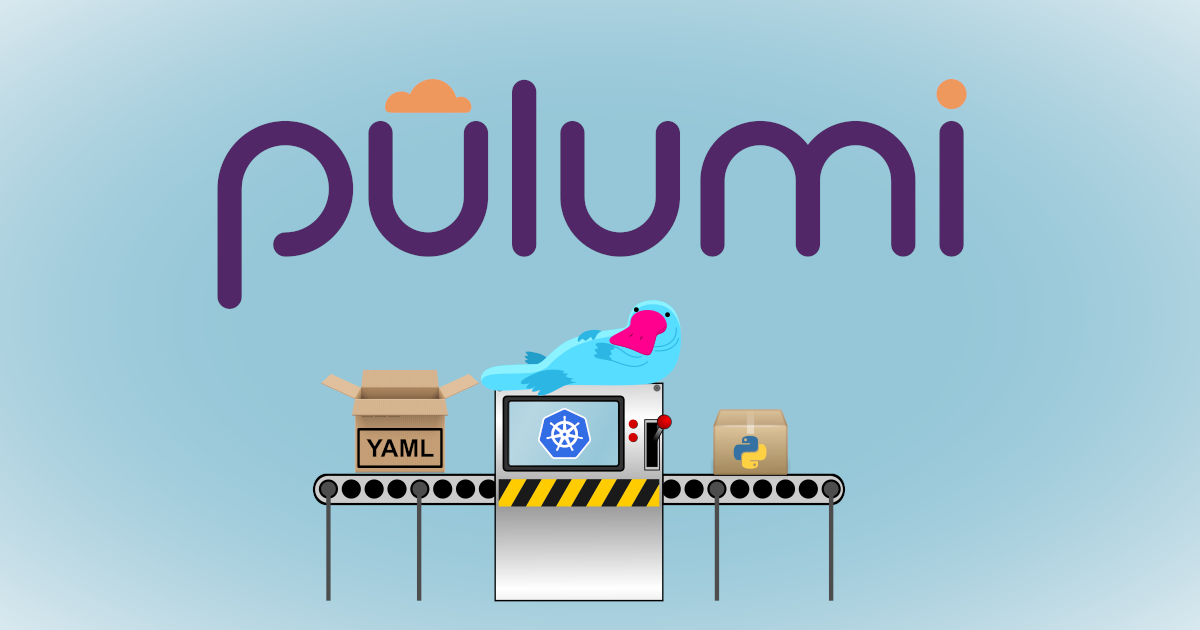Introducing kube2pulumi: No More YAML

Kubernetes users often joke about being “YAML engineers,” and the pile of YAML seems to get deeper every day. Today, we’re pleased to announce kube2pulumi, a tool to automatically convert Kubernetes manifests into modern code! Instead of manipulating YAML directly, you can take advantage of the rich ecosystem of programming language tools to supercharge your productivity.














